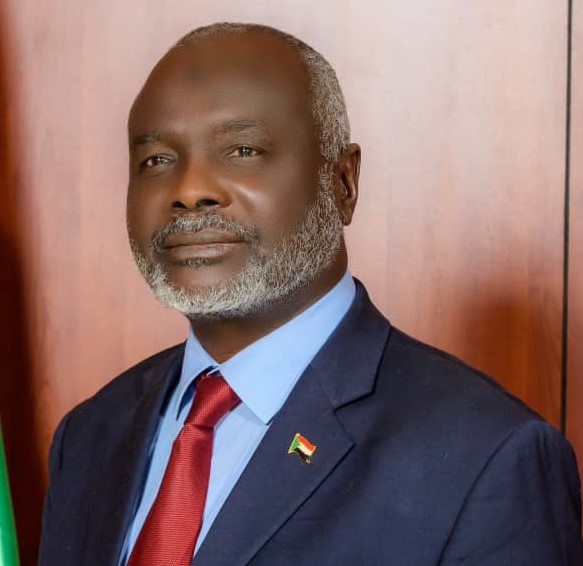Monday, Oct 11, 2021 | 08:00 AM - 08:30 AM
Location: HQ1-BL-517 (AV CORE)
 |
Gibril Ibrahim Minister of Finance and Economic Planning, Republic of Sudan |
Dr. Gibril Ibrahim was appointed Minister of Finance and Economic Planning of Sudan and Governor for the Fund in February 2021 in line with the Juba Peace Agreement signed in October 2020. He has master’s degree in Economics and PhD in Economics from Meiji University, Japan. Before being appointed as Finance Minister, Dr. Gibril served as the President of the Equity and Justice Movement in Sudan. He also worked as Associate Professor in Economics and Head of Economics Division at King Mohamed Bin Saud University in Saudi Arabia.
 |
Jihad Azour Director Middle East and Central Asia Department, IMF |
Jihad Azour is the Director of the Middle East and Central Asia Department at the International Monetary Fund where he oversees the Fund’s work in the Middle East, North Africa, Central Asia and Caucasus.
Mr. Azour served as Lebanon’s Finance Minister in 2005-08, during which time he coordinated the implementation of important reforms, including modernizing the country’s tax and customs systems. Before and since his time as finance minister, he held a wide range of positions in the private sector, including McKinsey and Booz and Co. where he was a Vice-President and Senior Executive Advisor. Prior to joining the IMF in March 2017, he was a Managing Partner at investment firm Inventis Partners.
Mr. Azour holds a PhD in International Finance and a post-graduate degree in International Economics and Finance, both from the Institut d'Etudes Politiques de Paris. He also did research on emerging economies and their integration into the global economy as a post-doctoral fellow at Harvard. Mr. Azour has published several books and articles on economic and financial issues and taught extensively.
Key Points:
Quotes:
“The most important factor that contributed to Sudan’s success was political will.” Gibril Ibrahim
“The recent SDR allocation is an extremely important initiative for Africa and a lifeline for Fragile and Conflict-affected States.” Gibril Ibrahim
“Sudan reached the HIPC Initiative-Decision Point in record time, notwithstanding the challenging social and economic environment.” Jihad Azour
Contributor: Mentor Mehmedi, IMF, Secretary’s Department